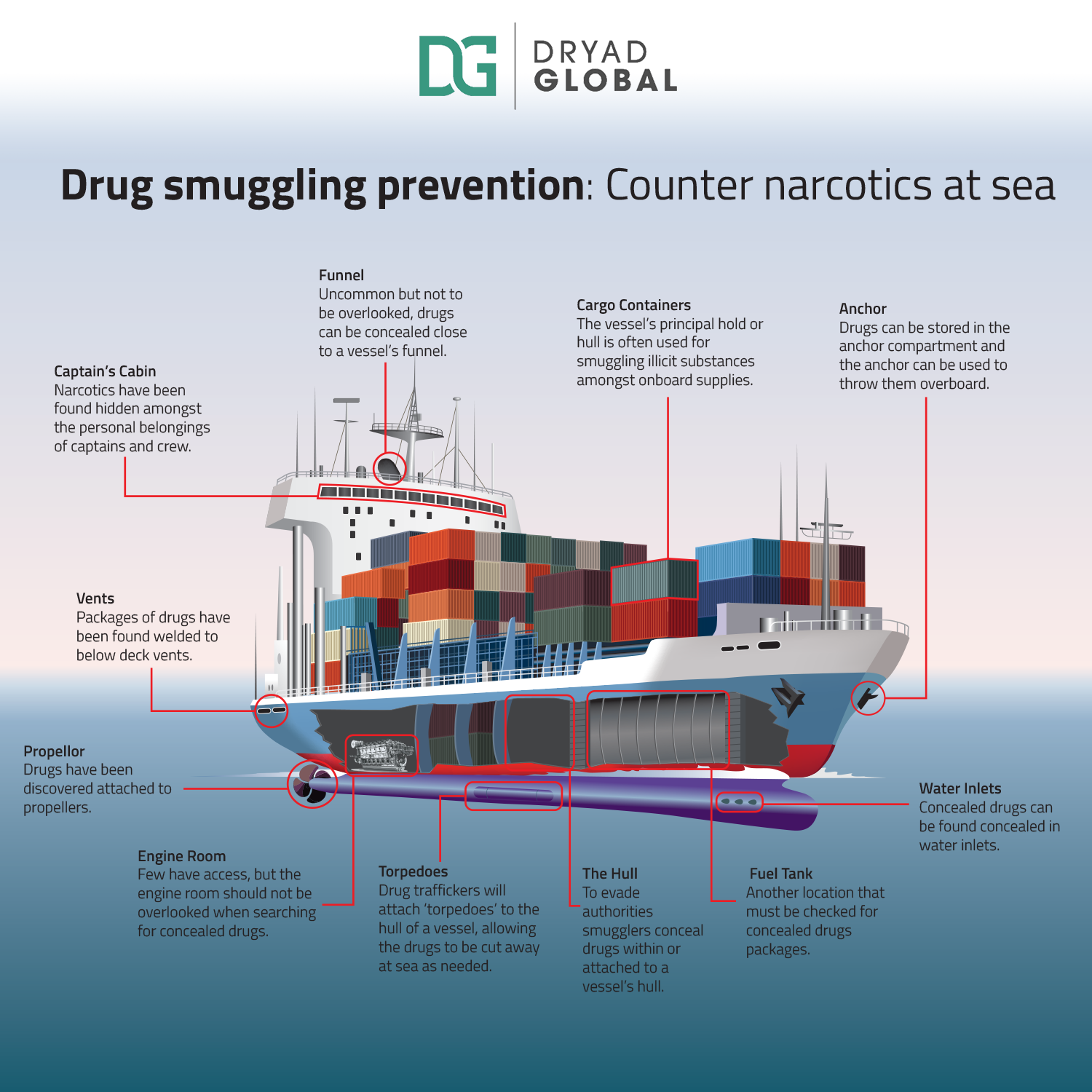The maritime industry confronts the escalating challenge of drug smuggling, as highlighted in the latest Leadership Insights newsletter from the International Chamber of Shipping (ICS).
With a staggering 23% surge in global drug activity from 2011 to 2021, traffickers are resorting to innovative tactics, including hacking customs systems to pre-clear consignments. Chris Trelawny of INTERPORTPOLICE underscores the risk to seafarers unwittingly ensnared in illegal activities, advocating for cross-sector collaboration to combat trafficking effectively.
Europol's report underscores the daunting task of detecting illicit goods, with only 2-10% of containers physically inspected at EU ports. The resultant loopholes enable substantial quantities of drugs to evade detection, compounded by destination countries' failure to scan all containers. Operation TIN CAN stands out as a successful multinational initiative, yielding 43 arrests and 158 drug seizures, including substantial quantities of cocaine and cannabis.
INTERPOL's I-RAID initiative supplements these efforts by facilitating information sharing, providing specialized tools and training, and fostering international cooperation. Additionally, the EU's €200m allocation to the Certified Pick Up platform at the Port of Antwerp-Bruges promises enhanced container transport management, bolstering security and mitigating fraud risks.
The Port Security Project, a joint endeavor by UNODC, IMO, and INTERPOL, aims to bolster law enforcement and port authorities' capabilities against security threats, including drug smuggling. By aiding countries in implementing SOLAS Chapter XI-2 and the ISPS Code, the project fortifies port security frameworks, enhancing responses to security threats such as drug trafficking.






